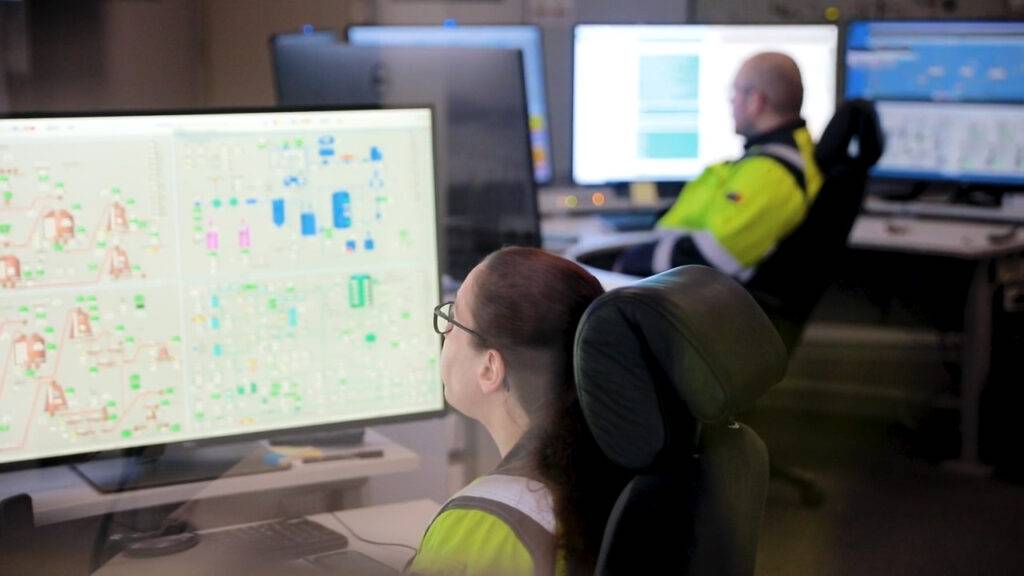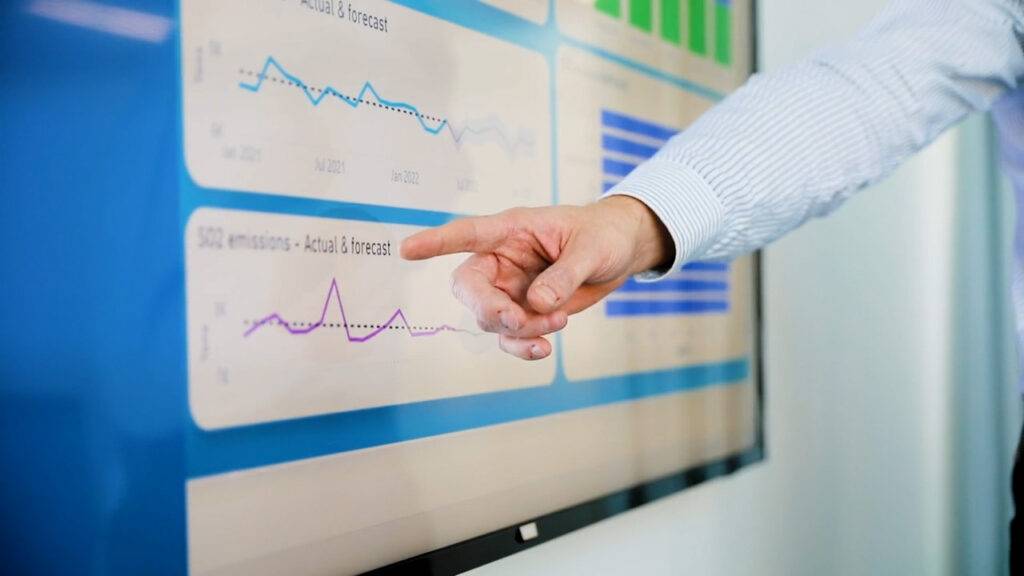Routine tasks will also be transferred to artificial intelligence in defense technology. The rules of ethics must be taken into account when designing autonomous defense systems. In order for the machine to learn, there must be plenty of reliable data – and cybersecurity expertise.
The use of artificial intelligence has become democratized. Anyone can use artificial intelligence today, and artificial intelligence applications are being implemented in various fields at a rapid pace. This creates challenges for the traditional defense industry. Development is now so fast that it is almost impossible to predict where the effects of artificial intelligence will be seen in a few years.
In particular, the defense industry must keep up with developments in order to maintain its competitiveness. With the help of artificial intelligence, production can be made more efficient, quality improved, logistics optimized, energy saved and customer service and maintenance activities developed.
“You don’t always have to choose between efficiency, safety and the environment,” Pekka Savolainen, director of Insta’s development of smart industry solutions, said. Cyber security expert Insta serves both traditional and defense industries.
The industry wants systems that can be told about machine faults in advance by artificial intelligence.
Smart maintenance
The industry has been talking about intelligent maintenance and production optimization for a long time. These so-called smart solutions are typically point-like. “A comprehensive intelligent solution that could autonomously control an entire industrial plant is not in use and certainly won’t be for a long time,” Pekka Savolainen stated.
Industrial companies need, for example, systems that can tell about machine faults in advance. In general, however, the data is not enough to train artificial intelligence to recognize all different types of failure. Even then, the desired benefits can be achieved, for example, by building deviation detection models. When the machine behaves differently than normal, the information goes to the expert, and he or she deduces the reasons for the failure.
New tactics and analyzed situational picture
In the defense sector, artificial intelligence enables the automation of routine tasks, which frees people from, for example, monitoring and creating a situational picture for other activities. “Using artificial intelligence, sensor data can be analyzed in order to identify, for example, temporal or spatial correlation or cause-and-effect relationships,” said Senior Project Manager Ari Kosonen, who works in Insta’s defense sector research projects. By utilizing artificial intelligence, it is also possible to produce a situational picture that has been partially analyzed.
“One trend of the future is autonomous systems, where artificial intelligence enables tactics that the opponent may not be able to prepare for,” says Kosonen. For example, unmanned, autonomous flying ships can in the future operate in conditions where humans would no longer be able to perform their tasks. Ethical rules, for example in matters related to the use of force, should be taken into account already in the planning phase of the autonomous system.

which flexibly collects data produced by different systems. (image: Insta)
Reliable data is required to utilize artificial intelligence
Organizations with large amounts of data have opportunities for utilizing artificial intelligence. But it needs to be reliable for AI to take advantage of it.
“Your own data must be protected so that no one outside can influence it,” reminded Senior Director Jyrki Nivala, who heads Insta’s cyber security consulting.
“The problem with artificial intelligence has traditionally been that it is ultimately a data-trained black box whose soul nobody can explain. In the future, the goal is self-explanatory artificial intelligence. Then it would be easier to trust the results it gives,” said Jyrki Nivala.

